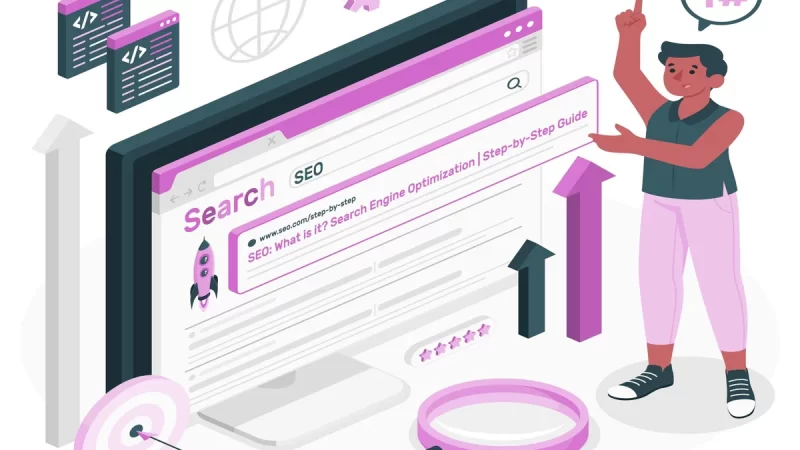Google Initiates Phasing Out Third-Party Cookies: What It Means for Online Privacy

In a significant move towards enhancing online privacy, Google has recently announced its plan to phase out third-party cookies. This decision, set to unfold over the next couple of years, holds profound implications for the digital advertising landscape, user tracking practices, and the overall privacy of internet users.
What Is Third-Party Cookies?
Before delving into the implications of Google’s decision, it’s crucial to understand what third-party cookies are. These are small pieces of code stored on a user’s browser by a website other than the one they are currently visiting. Widely used for targeted advertising, third-party cookies enable advertisers to track users across various sites, collecting data on their preferences, behaviors, and interests.
The Privacy Concerns
Privacy advocates and users alike have long raised concerns about the misuse of third-party cookies. These cookies have been instrumental in creating detailed user profiles, leading to issues related to user consent, data breaches, and intrusive targeted advertising. Google’s decision to phase out these cookies aligns with the growing demand for increased online privacy and data protection.
Google’s Privacy-Focused Alternatives
Google plans to introduce privacy-focused alternatives to third-party cookies, aiming to strike a balance between personalized advertising and user privacy. One such alternative is the “Privacy Sandbox,” a set of tools and standards designed to allow for personalized advertising without compromising individual user data. The Privacy Sandbox is an open initiative that encourages collaboration with the broader industry to develop effective and privacy-centric solutions.
Implications for Digital Advertising
The phasing out of third-party cookies has sparked concerns within the digital advertising industry, as these cookies have long been the backbone of targeted advertising. Advertisers heavily rely on user data to deliver personalized and relevant ads, and the removal of third-party cookies poses challenges to this established model. Google’s Privacy Sandbox aims to address these concerns by offering alternative methods for ad targeting while prioritizing user privacy.
User Empowerment and Control
One of the key benefits of phasing out third-party cookies is the increased empowerment and control it provides to users over their online data. With the shift towards more transparent and privacy-centric practices, users can expect a reduction in invasive tracking and targeted ads. Google’s emphasis on user privacy reflects a broader industry trend, encouraging other tech giants to adopt similar measures for a more privacy-respecting internet ecosystem.
Challenges and Concerns
While the initiative to phase out third-party cookies is laudable, it is not without challenges. The digital advertising industry faces a period of adaptation, requiring the development and adoption of new technologies that align with the privacy-centric vision. Additionally, concerns about the concentration of power in the hands of major tech companies like Google have been raised, as they become the gatekeepers of user data and advertising solutions.
Google’s Cookie Phase-Out: Shaping the Future of Online Advertising
As Google embarks on the journey to phase out third-party cookies, the digital landscape is poised for a transformative shift. The industry must adapt to the evolving privacy standards, finding innovative ways to deliver personalized advertising without compromising user trust. Collaboration between tech companies, advertisers, and privacy advocates will play a crucial role in shaping the future of online advertising and ensuring a more privacy-respecting internet.
Key Takeaways
Google’s decision to phase out third-party cookies marks a significant step towards a more privacy-focused digital ecosystem. By prioritizing user control and data protection, the tech giant is setting a precedent for the industry. While challenges lie ahead for digital advertisers, the move is a testament to the growing demand for a more transparent, user-centric, and privacy-respecting online experience. The road ahead involves navigating these challenges, fostering collaboration, and embracing innovative solutions that strike a balance between personalized advertising and user privacy.
FAQs:
Third-party cookies are small pieces of code stored by a website other than the one the user is visiting. Google is phasing them out to address privacy concerns and enhance user control over their online data.
The move enhances online privacy by reducing invasive tracking and targeted advertising. Users will have more control over their data, leading to a more transparent and privacy-respecting online experience.
Google’s Privacy Sandbox is an initiative introducing privacy-focused alternatives to third-party cookies. It aims to enable personalized advertising while prioritizing user privacy through innovative and transparent solutions.
The industry faces the challenge of finding innovative ways to deliver personalized advertising without third-party cookies. Advertisers and tech companies are expected to explore and adopt new technologies that align with evolving privacy standards.
Collaboration between tech companies, advertisers, and privacy advocates is crucial for developing effective and privacy-centric solutions. Working together will help strike a balance between delivering personalized ads and ensuring user trust.







